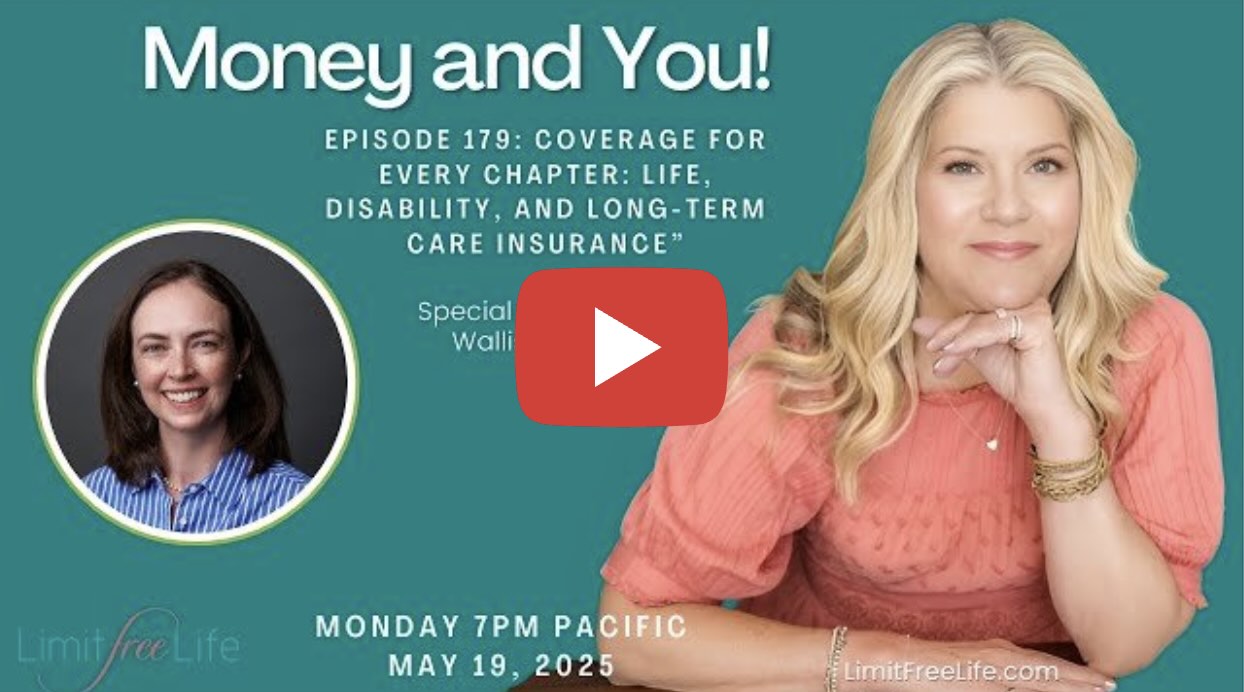When considering life insurance, the right term for you depends on:
- How long someone else will rely on your income or free care you provide (consider if additional paid care would be needed in your absence, or if an income earner in your household might have to reduce their own earnings power if you died)
- How confident you are that you and your family will be on track to retire on the timeframe you expect in the future
We’ll walk you through this in detail, but if you want our interactive Life Insurance Guide to do the “heavy-lifting” for you, we’ll ask you a few easy questions and suggest a term for you.
#1 is more obvious: if someone depends on your income (or unpaid care), then you definitely need insurance for that period of time to replace the income (or hire a replacement caregiver) if you were suddenly gone.
#2 is less obvious, but consider this example: Christine and James are married, with a 3 year old child and they are expecting another one in 6 months. They want to make sure their youngest child is fully supported through college, up until age 21.
That’s about 21 years from now.
Term insurance is typically sold for terms of 5, 10, 15, 20, 25 or 30 years.
21 years rounds down to 20 year term, or up to 25 year term.
However, only a few carriers sell 25 year term, whereas most carriers sell 30 year term. The result of this is that sometimes the market for 30 year term is much more competitive, and 30 year term does not cost much more than 25 year term.
Given that 30 year term is the option - with no obligation - to keep your term policy at the same price for all 30 years, if you can get 30 year term for very close to the cost of 25 year term, you should chose 30 year term. (The one exception is if you care about having an excellent conversion option and the carrier offering your best 25 year option has a much better conversion option than the carrier offering your best 30 year term option.)
Which term should Christine and James buy?
It comes down to how confident they feel that if one of them were gone 20 years from now (say the day after the life insurance term ended), there’d be enough financial resources to support their youngest child for another year, and ensure the comfortable retirement of a surviving spouse.
If they’re crushing it on retirement savings and are clearly on track to retire comfortably in under 20 years, then rounding down to 20 year term could be fine.
But if it is not totally clear that retirement in 20 years would be comfortable, or Christine and James want to give themselves a bit more breathing room, then rounding up to 25 year term or 30 year term is a better call.
Our interactive Life Insurance Guide asks you a few simple questions and runs this analysis for you!




